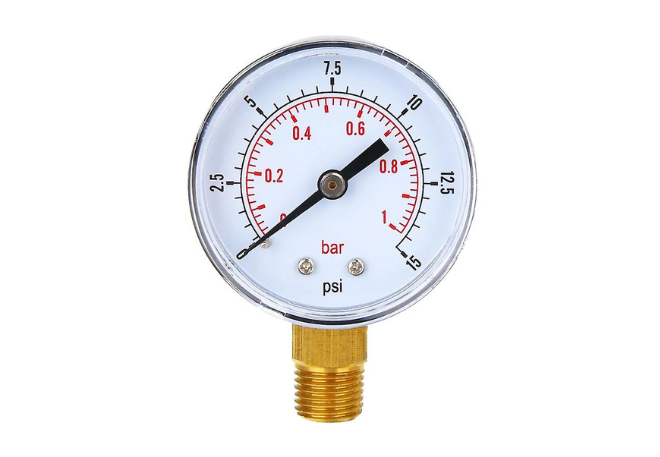Why Are Process and Temperature Controllers Vital for Modern Industrial Applications?
Introduction: Understanding the Role of Process and Temperature Controllers
Process and temperature controllers are instrumental in the automation and regulation of industrial environments, ensuring systems operate within their optimal parameters. These controllers execute critical functions across various sectors, including manufacturing, chemical processing, and food and beverage production, by maintaining precise control over temperature and other process variables. Their ability to promote efficiency and ensure product quality while minimizing waste makes them indispensable in modern industrial settings.
The Mechanism Behind Process Controllers
Process controllers are at the heart of industrial automation systems, tasked with managing the operations of machines and processes. They read signals from sensors, interpret these inputs based on pre-set criteria, and adjust outputs to maintain the desired operational conditions. This continuous loop of monitoring and adjustment is vital for maintaining stability and efficiency in complex systems. Whether in fluid dynamics, pressure control, or temperature management, these controllers optimize the process flow, enhancing safety and reducing the likelihood of costly downtime or hazardous conditions.
The Importance of Temperature Control
In industries where the product quality is temperature-sensitive—like plastics, pharmaceuticals, or food production—precision in temperature control is non-negotiable. Temperature controllers play a crucial role in ensuring that machinery and products are not exposed to temperatures that could alter their properties or safety standards. By using advanced algorithms, these controllers can react to minute changes in temperature, compensating for variations with adjustments to heaters or coolers, ensuring that the process environment is always within specification.
The Benefits of Integrating Advanced Controllers
The integration of advanced controllers in industrial setups offers numerous benefits:
- Enhanced Quality Control: By maintaining strict parameters, controllers ensure product consistency and quality.
- Increased Efficiency: Optimal process conditions reduce energy use and material waste.
- Safety and Compliance: Automated systems help in adhering to safety standards and regulatory requirements.
- Scalability: Modern controllers enable businesses to scale operations without compromising on control or quality.
Conclusion: The Future of Industrial Automation with Controllers
As industries continue to advance towards more automated and data-driven environments, the role of process and temperature controllers becomes more critical. These devices not only facilitate more efficient and safer production processes but also drive innovations that can lead to significant competitive advantages. Embracing these technologies is essential for any business looking to thrive in the digital industrial age. In essence, controllers are not just tools but foundational components that redefine what is possible in industrial operations.




Comments
Post a Comment